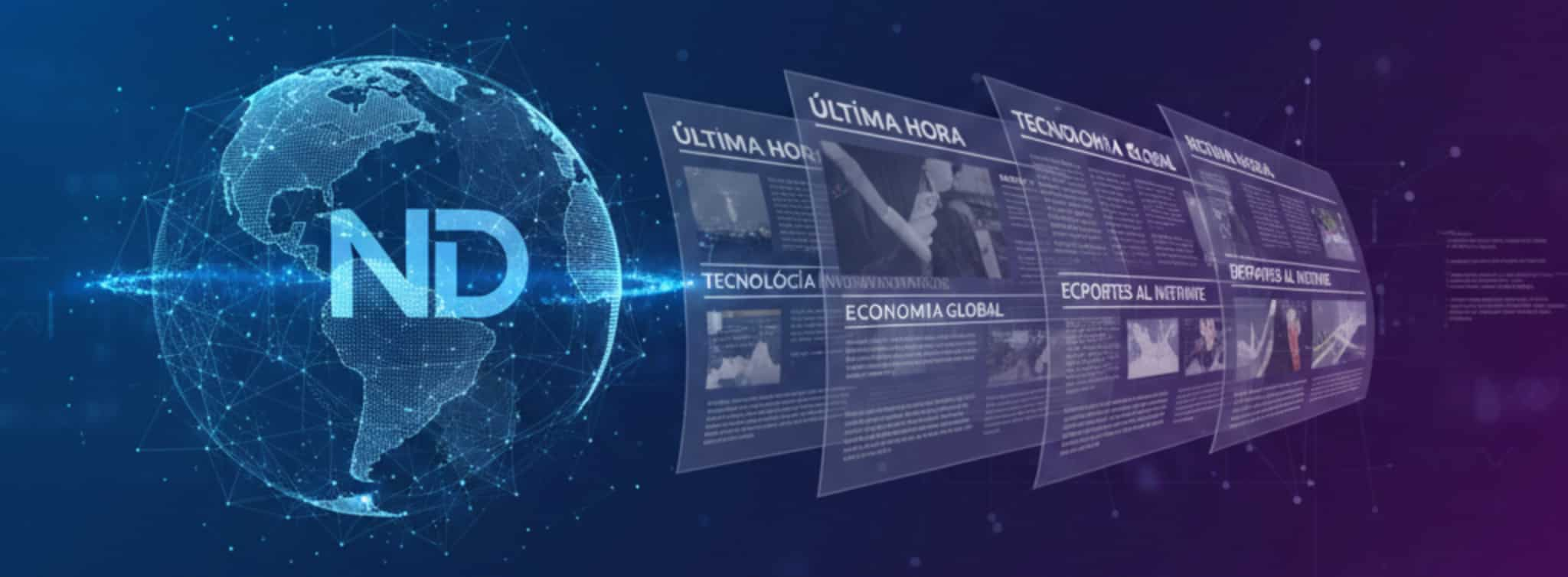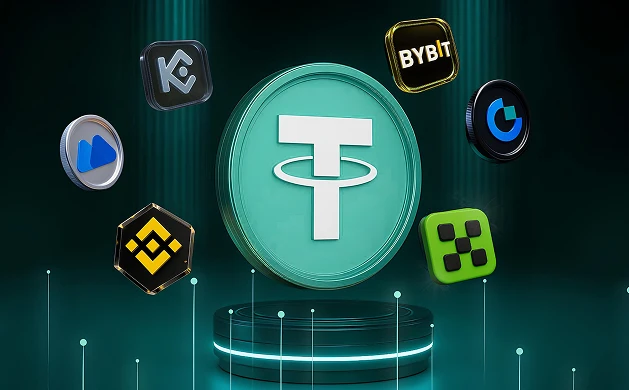Las stablecoins representan un cambio paradigmático en Argentina: 82% de transacciones en criptomonedas a enero 2026 son en stablecoins, versus solo 5% en Bitcoin. El fenómeno no es especulativo—es […]
Popular Posts
Trending Posts
Recent Posts
Editors Choice
Errores típicos al usar exchanges (y cómo evitar perder dinero por descuido)
Los errores operacionales, de seguridad e inversión en exchanges de criptomonedas causaron pérdidas estimadas de $17 mil millones globales en 2025. En Argentina específicamente, la investigación de la […]
Cómo reducir al mínimo las comisiones al comprar y vender criptomonedas en Argentina
Las comisiones en criptomonedas son la “sangre silenciosa” del portafolio: un inversor que paga 2% de comisión en cada transacción pierde 48% en ganancias teóricas durante 5 años […]
Mejores exchanges para argentinos en 2026 según comisiones, seguridad y experiencia de usuario
A enero 2026, Argentina alberga un ecosistema de exchanges en cripto profundamente fragmentado: Coinbase—que llegó con gran expectativa en enero 2025—suspendió operaciones con pesos argentinos indefinidamente el 31 […]
Cómo revisar un proyecto cripto antes de invertir: señales rojas que los expertos miran primero
La criptomoneda atrajo $4 billones de dólares en capitalización de mercado durante 2025, pero la sofisticación de las estafas creció proporcionalmente. Los rug pulls (estafas donde desarrolladores roban […]
Paso a paso: checklist de seguridad digital para emprendedores y freelancers que trabajan online
Los emprendedores y freelancers que trabajan 100% online enfrentan un paradoja de riesgo: son objetivos perfectos para atacantes pero con defensas mínimas. A diferencia de grandes corporaciones con […]
Las 10 estafas online más comunes en Argentina y cómo detectarlas antes de caer
Argentina enfrenta una crisis de fraude digital sin precedentes. En 2024, la Unidad Fiscal Especializada en Ciberdelincuencia (UFECI) registró 34,468 reportes de delitos informáticos, un incremento del 21.1% respecto […]
Cómo blindar tu vida digital más allá del antivirus
La ciberseguridad moderna exige reconocer una verdad fundamental: el antivirus tradicional es apenas el primer domino en un castillo de defensas que requiere múltiples capas, tecnologías y comportamientos […]
Los mejores antivirus y herramientas de ciberseguridad
La seguridad digital es una defensa de múltiples capas que va más allá del antivirus tradicional. A continuación se detalla un análisis completo de las herramientas más efectivas […]
Seguridad digital: cómo evitar estafas con criptomonedas
Las estafas con criptomonedas representan un riesgo creciente en Argentina y Latinoamérica. En 2025, las pérdidas acumuladas por fraude cripto superaron los 2.100 millones de dólares, con más […]









